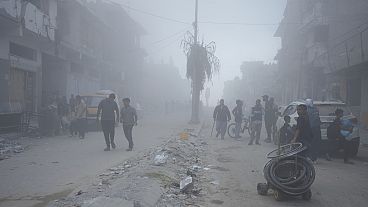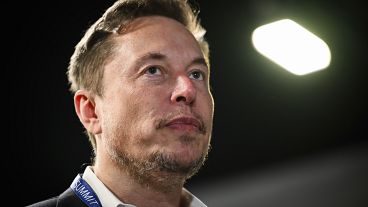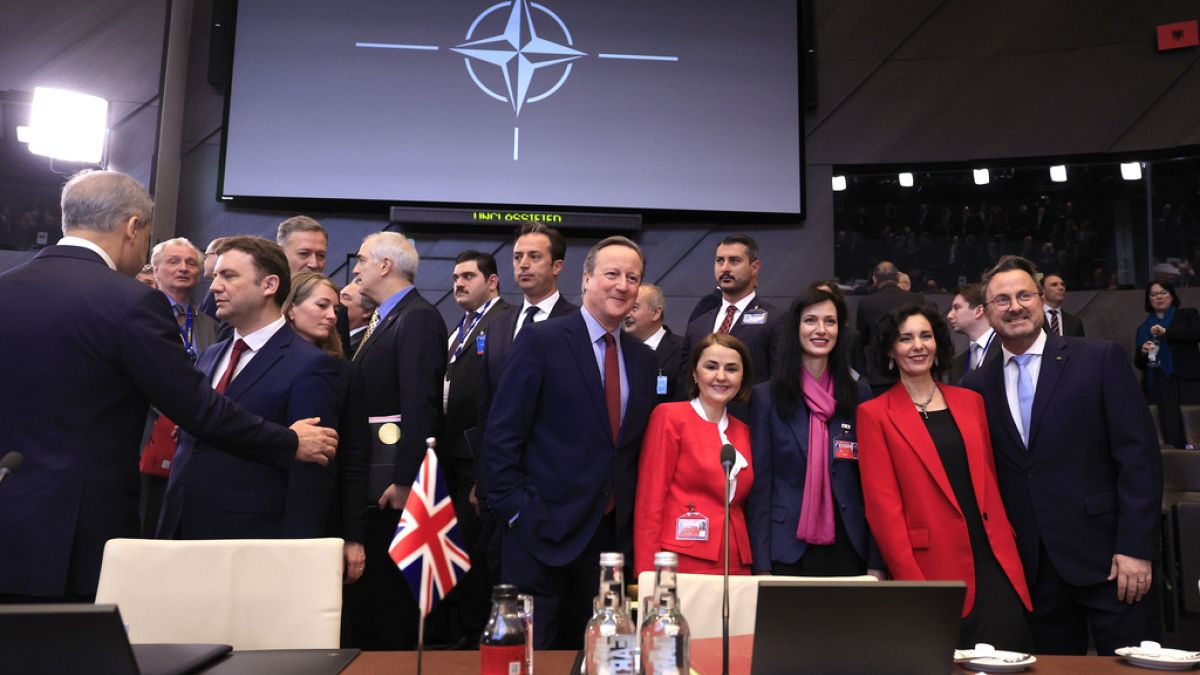The alliance's 75th anniversary comes as as Europe faces its largest war in decades.
NATO foreign ministers have debated a plan to provide more stable military support to Ukraine in the coming years.
The officials from 32 member states descended on the on the first day of the International European summit in Brussels on Wednesday to mark 75 years of the military alliance and discuss ongoing political priorities.
“We strongly believe that support to Ukraine should be less dependent on short-term, voluntary offers and more dependent on long-term NATO commitments,” NATO Secretary-General Jens Stoltenberg said yesterday.
"We see how Russia is pushing, and we see how they try to win this war by just waiting us out.”
Under the plan being discussed in Brussels, NATO, rather than the US European Command, would coordinate the work of the Ukraine Defence Contact Group – a forum of around 50 countries that has regularly gathered during the war to drum up weapons and ammunition for Ukraine.
The plan is expected to be endorsed by US President Joe Biden and his counterparts at their next summit in Washington in July.
US General Christopher Cavoli is both NATO’s top military commander and head of US European Command, so the individual in charge would not change. The move also would not see NATO directly providing weapons to Ukraine, only non-lethal aid like demining equipment, fuel and medical supplies. Nonetheless, the plan would mark a new phase in the alliance's involvement in the war.
Clinging on
Earlier on Wednesday, Ukraine lowered the military conscription age from 27 to 25 to help replenish its depleted ranks after more than two years of war. A shortage of infantry combined with a severe ammunition shortfall has helped hand Russian troops the initiative.
“The reason why we do this is the situation on the battlefield in Ukraine. It is serious,” Stoltenberg told reporters. “We see how Russia is pushing, and we see how they try to win this war by just waiting us out.”
Western pledges of support to Ukraine have been marred by broken promises. A European vow to provide 1 million rounds of ammunition fell woefully short, and financial aid meant for Ukraine’s war-stricken economy was delayed by political infighting in Europe and is still blocked in the US House of Representatives.
“It’s dangerous to make promises that we can’t keep,” Belgian Foreign Minister Hadja Lahbib told reporters when asked how much her country might be willing to contribute to a $100-billion fund. She said the plan requires more discussion.
Stoltenberg again urged Congress to overcome its differences and pass a supplemental spending bill, which includes roughly $60 billion in military aid for Ukraine, saying that the continued delay “has consequences” on the battlefield.












